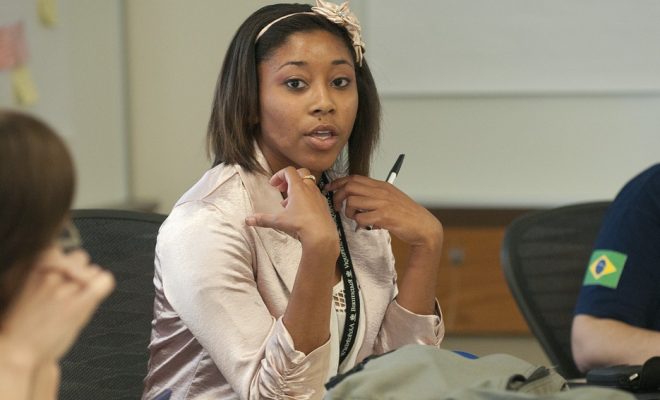Culturally Responsive Pedagogy: Everything You Need to Know

This term refers to a student-based model of training, whereby the specific strengths of a student are recognized and cultivated to ensure the students accomplish great things and have a valid sense of belonging in the world. This model of learning, referred to as culturally responsive pedagogy, has three main facets, namely: personal, institutional, and instructional facets.
The institutional facet of culturally responsive pedagogy stresses the fact that we need to work on the cultural issues surrounding how schools are organized, school guidelines—inclusive of the way resources are apportioned, as well as civic responsibilities of the communities. On the other hand, the personal facet of culturally responsive pedagogy lays emphasis on and aims to improve the way teachers understand the concept of cultural responsiveness. Lastly, the instructional facet of this concept focuses on the issues involved with the direct execution of cultural responsiveness to students in classrooms.
Since most teachers have middle-class European-American upbringing, it is notably difficult for them to simply ignore their own cultural prejudices and become sympathetic to their students’ lived experiences. This is the biggest challenge affecting cultural responsiveness amongst educators. To tackle this barrier, we can divide the necessary steps for culturally responsive teaching into three: reconnecting with one’s culture, getting proper education on the foreign cultures, and learning about the cultures of students.
Prior to pursuing knowledge about the varied cultures of students being taught, teachers need to carry out introspective investigations about their own background, legacy, and possible biases (ethnic or cultural). While being born and living in Europe/America might imbibe the wrong perception of not having a culture in people, it is a faulty premise.
The truth, however, is that European-American culture routinely overshadows basic societal and attitudinal characteristics and makes those living in the culture oblivious to the lived experiences of other cultures. Another somewhat related, wrong thought process imbibed by several teachers is that “they don’t see race.” This is very wrong because many teachers already inflate their concept of familiarity with other cultures, and this then makes them culturally insensitive when faced with students from diverse backgrounds in the classrooms.
Thankfully, since cultural prejudices are learned (and not innate), they can also be done away with through intense learning and willingness to acknowledge the loopholes in one’s thought process. However, the major requirement for letting go of prior biases is the desire to walk through this stressful process of critical self-evaluation so as to realize what has to be overhauled for culturally responsive teaching to be carried out.
One major method of carrying out this process is to write down the thoughts a teacher has about his/her heritage, background, relational styles and reflect on how his/her lived experiences may be different from that of someone who grew up under starkly different circumstances. At the end of this reflective process, there must be a light bulb moment, where the educator come to a realization- by themselves, of the crucial matters of bias and racism.
As well, the teacher who would achieve appropriate cultural responsiveness must be able to ruminate on the uncertainties, stereotypes, and prejudices they exhibit when they meet individuals who aren’t similar to them culturally. As soon as this reflection period is completed and the educator realizes that on an objective scale, their own cultures aren’t superior to those of others, they can then truly unravel the beauty present in others’ cultures and embrace what it means to live like their students might have lived.






